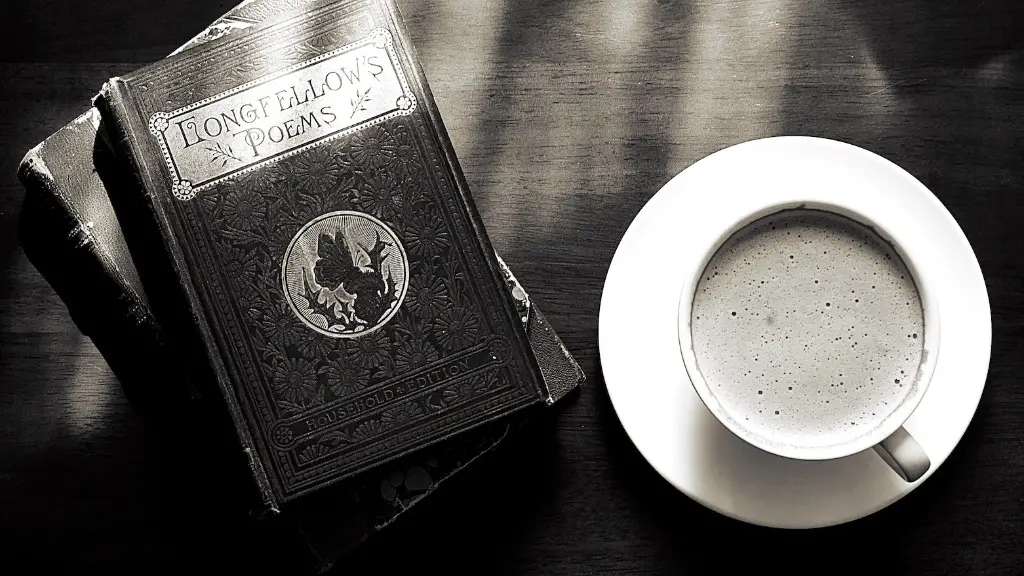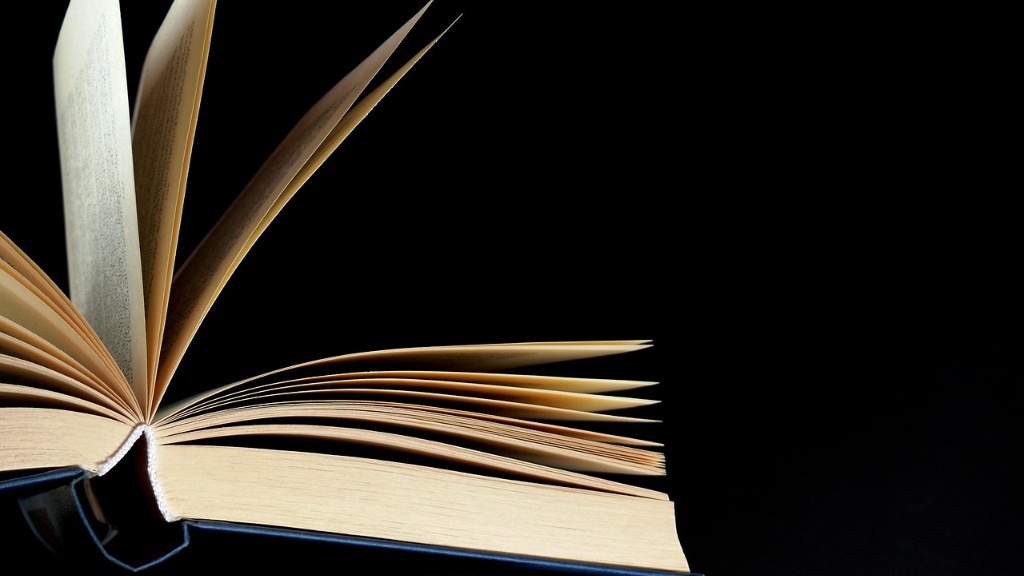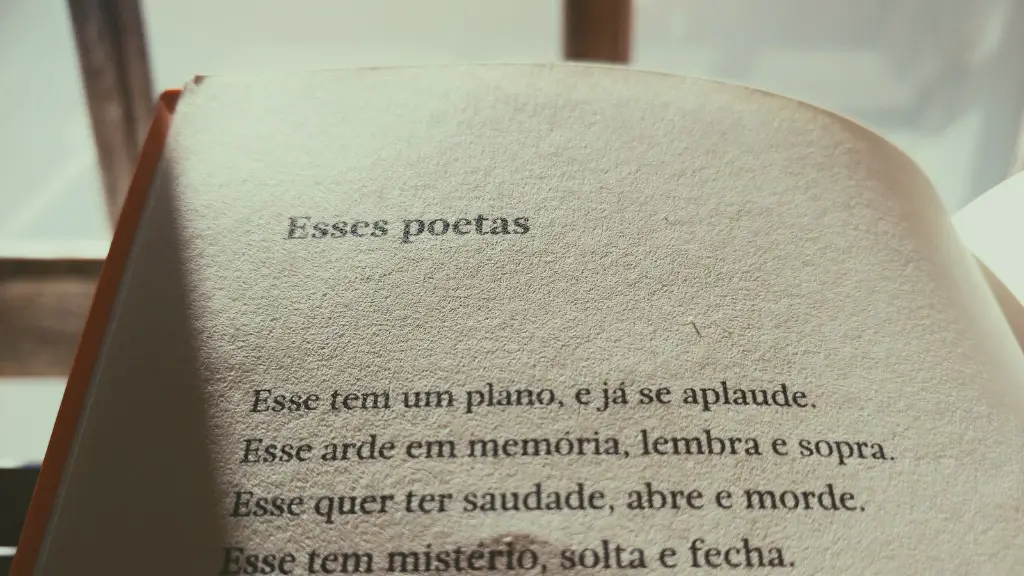Introduction
Epic and lyric poetry, while rooted in ancient history, remain two of the most important, yet subtle, genres of poetry to this day. Each genre has its own unique characteristics, syntax, and purpose that make them distinct from one another and add to the beauty and diversity of the grand tradition of poetry. In this article, we’ll explore the differences between epic and lyric poetry, looking at their syntax and structure, as well as offering insight into how they differ and how they complement each other.
Epic Poetry
Epic poetry is a form of narrative poetry, which is used to tell stories or narratives. It originated in the ancient world and is still popular among readers today. Epic poetry is an elaborate and often lengthy form of narrative poetry in which a story is told about a great hero or heroic figure, often on a grand scale. It is typically written about gods, mythical creatures, and heroic characters, such as Achilles or Odysseus from Homer’s Iliad. The stories told in epic poetry often take place on a vast and sweeping scale, with the action typically involving warfare and other large-scale conflicts.
Epic poetry is usually composed in a series of cantos, or books, with each book having its own set of characters and plot. A common feature in epic poems is the use of poetic devices such as alliteration, assonance, and repetition to emphasize key points or themes in the narrative. Epic poems are often seen as a way to educate and enlighten readers through their use of morally and ethically charged stories.
Lyric Poetry
Lyric poetry is an easier style of poetry to define than epic poetry. Lyric poetry is a form of poetry that features a single speaker who expresses his or her feelings or thoughts through words. It is often a short piece of poetry, usually with a consistent rhyme scheme and meter, that conveys emotion or ideas. Unlike epic poems, which are full of elaborate stories and narratives, lyric poems are often brief and focus on one particular emotion or feeling.
Unlike epic poetry, lyric poetry is not necessarily associated with any particular culture or religion, and can take many forms. It is often written in the first-person point of view and usually expresses one emotion or feeling. Popular forms of lyric poetry include the sonnet, the ballad, and the ode.
Similarities Between Epic and Lyric Poetry
Despite their differences, epic and lyric poetry have some fundamental similarities. Both forms of poetry use metaphors and imagery to evoke emotion and tell stories. Both can be seen as educational tools, used to teach readers about a culture’s values and ideals. Additionally, both epic and lyric poetry have been used for centuries to teach moral lessons.
Differences Between Epic and Lyric Poetry
Despite their similarities, epic and lyric poetry have many differences that mark them as distinct genres. The major difference between these two forms of poetry is the length. Epic poems are usually written in cantos and are often hundreds of pages long, while lyric poems are typically brief and don’t contain any elaborate stories or narratives. Epic poems focus on heroes and grand battles while lyric poems focus on emotions, feelings, and the single speaker’s thoughts. The syntax, structure, and purpose of the two genres are also quite distinct.
Purpose of Epic and Lyric Poetry
The main purpose of epic poetry is to tell stories and educate readers about a culture’s values and ideals. It is an elaborate form of narrative poetry that is often used to illustrate the grand scale of conflict and heroism, as well as social and political issues. Epic poems often focus on educating readers about the morality of war and the consequences of human behavior. By contrast, the purpose of lyric poetry is to convey certain feelings and emotions to readers. Lyric poems are often used as a way to express an individual’s emotions and feelings.
Reflection on Epic and Lyric Poetry
Epic and lyric poetry are two essential forms of poetry that have been with us for centuries. While they share some similarities, they are distinct in terms of their length, syntax, structure, and purpose. Epic poems are often lengthy, while lyric poems are usually brief. Epic poems use elaborate metaphors and imagery to tell grand stories, while lyric poems are often focused on a single speaker’s feelings and emotions. Both epic and lyric poetry can be seen as unique tools for teaching readers about a culture’s values, ideals, and moral lessons.
Debate Over the Merits of Epic and Lyric Poetry
The debate over the merits of epic and lyric poetry is a longstanding one. Both styles have their fair share of supporters and detractors, who debate the relative merits of each genre. Some believe that lyric poetry is superior to epic poetry, since it expresses a single person’s feelings and emotions more effectively. They argue that epic poetry tries to tell too grand a story, while lyric poetry can capture a single emotion in a manner that is both powerful and concise.
Others argue that the grand ambitions of epic poetry make it more worthwhile than lyric poetry. They point out that epic poetry can tell elaborate stories and illustrate moral and ethical lessons, while lyric poems are often too brief to fully explore complex issues and emotions. While supporters of each genre make compelling arguments, it’s ultimately up to readers to decide which style is most appealing.
Influence of Epic and Lyric Poetry on Modern Poetry
Epic and lyric poetry have had a tremendous influence on modern literature and poetry. Modern poets continue to draw inspiration from both forms and blend the two genres together to create unique, powerful pieces of art. In addition, both epic and lyric poetry continue to be taught in literature classes, and many universities and colleges have courses devoted to the study of these genres.
Epic works and lyric poetry have had an impact on modern literature far beyond the scope of traditional poetry. Epic works often feature themes of war, morality, and justice that have been used as the basis for many film and theatre productions. Similarly, lyric works often lend themselves to musical compositions, and many songwriters have written lyrics based on verse poems and other lyric works.
Legacy of Epic and Lyric Poetry
Epic and lyric poetry have left a lasting legacy on the world of literature and culture. From the epic Iliad to the lyric poetry of William Wordsworth, these genres have provided readers with powerful stories and reflections of life throughout the centuries. The use of metaphors, imagery, and emotion, coupled with the grand scope of epic works and the powerful expression of lyric poetry, have enriched literature for generations.
Epic and lyric poetry have been a source of inspiration for writers, poets, and musicians for centuries. The legacy of these two genres will continue to shape and influence the world of literature, as writers, musicians, and other artists continue to explore and build upon their ideas and principles.


